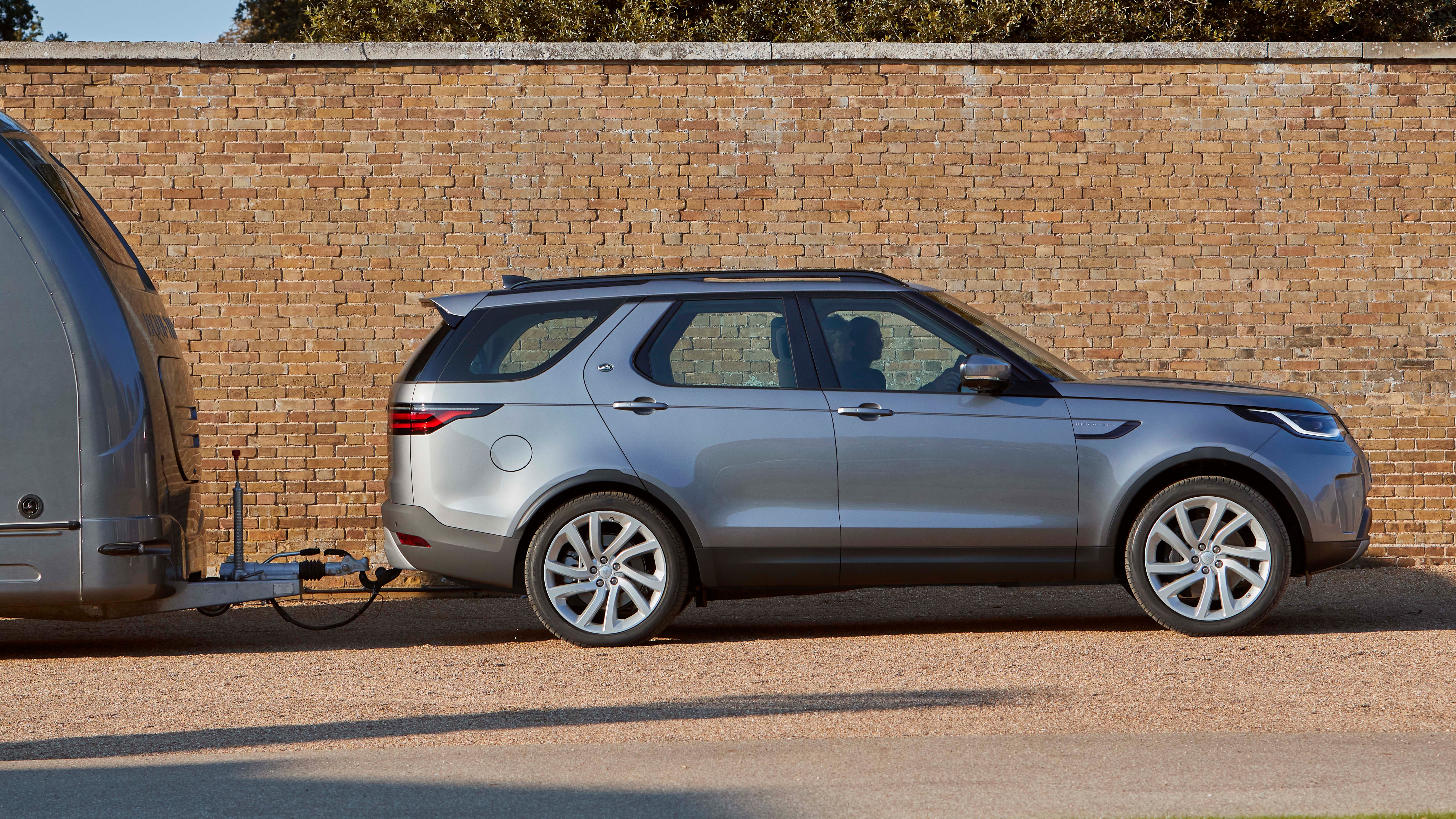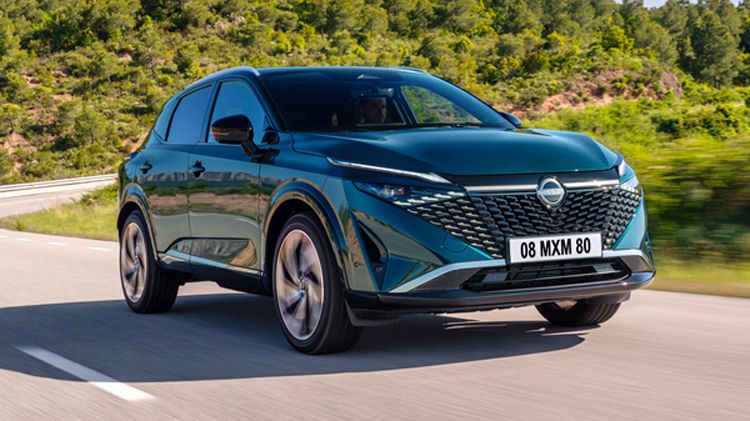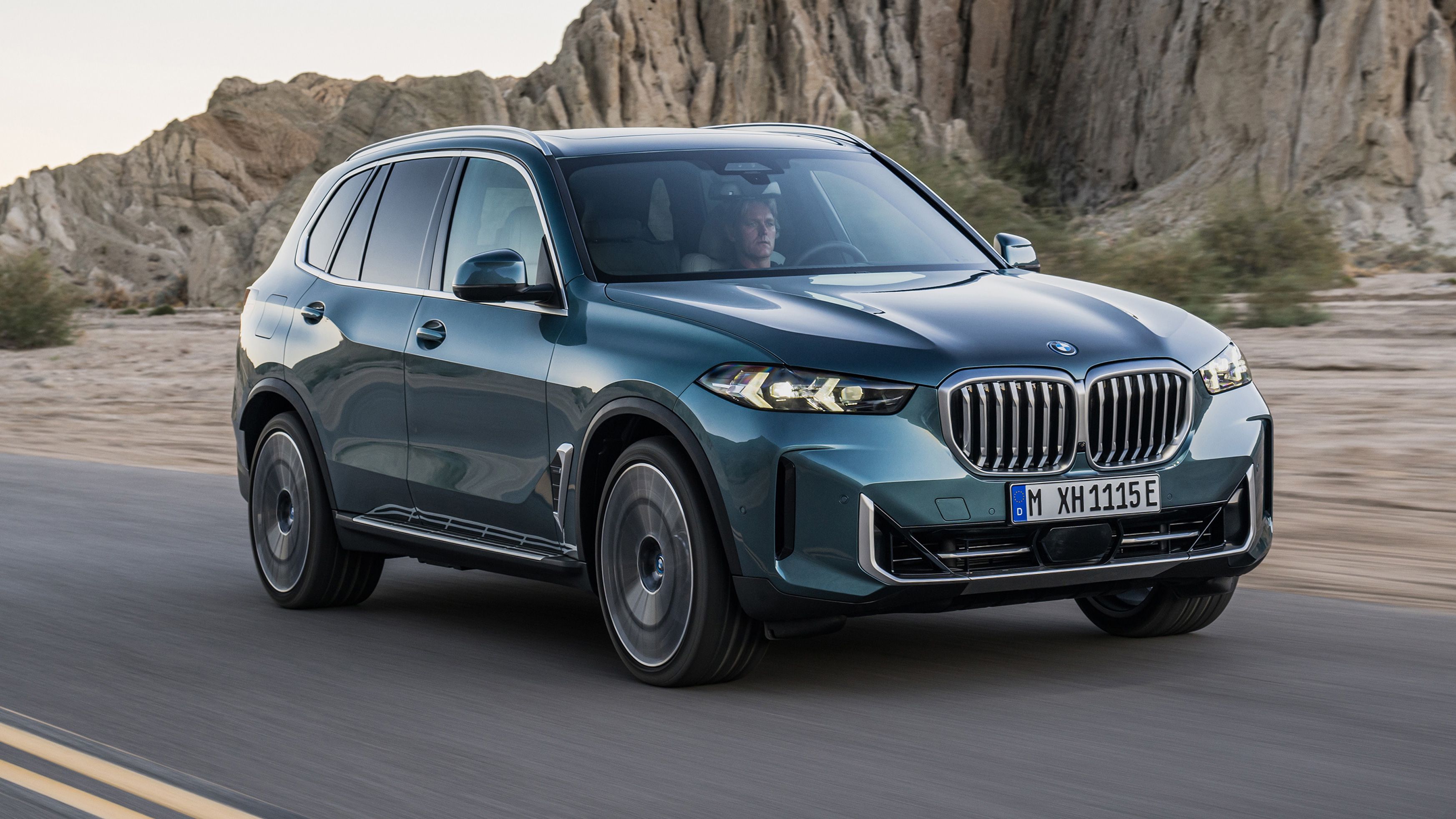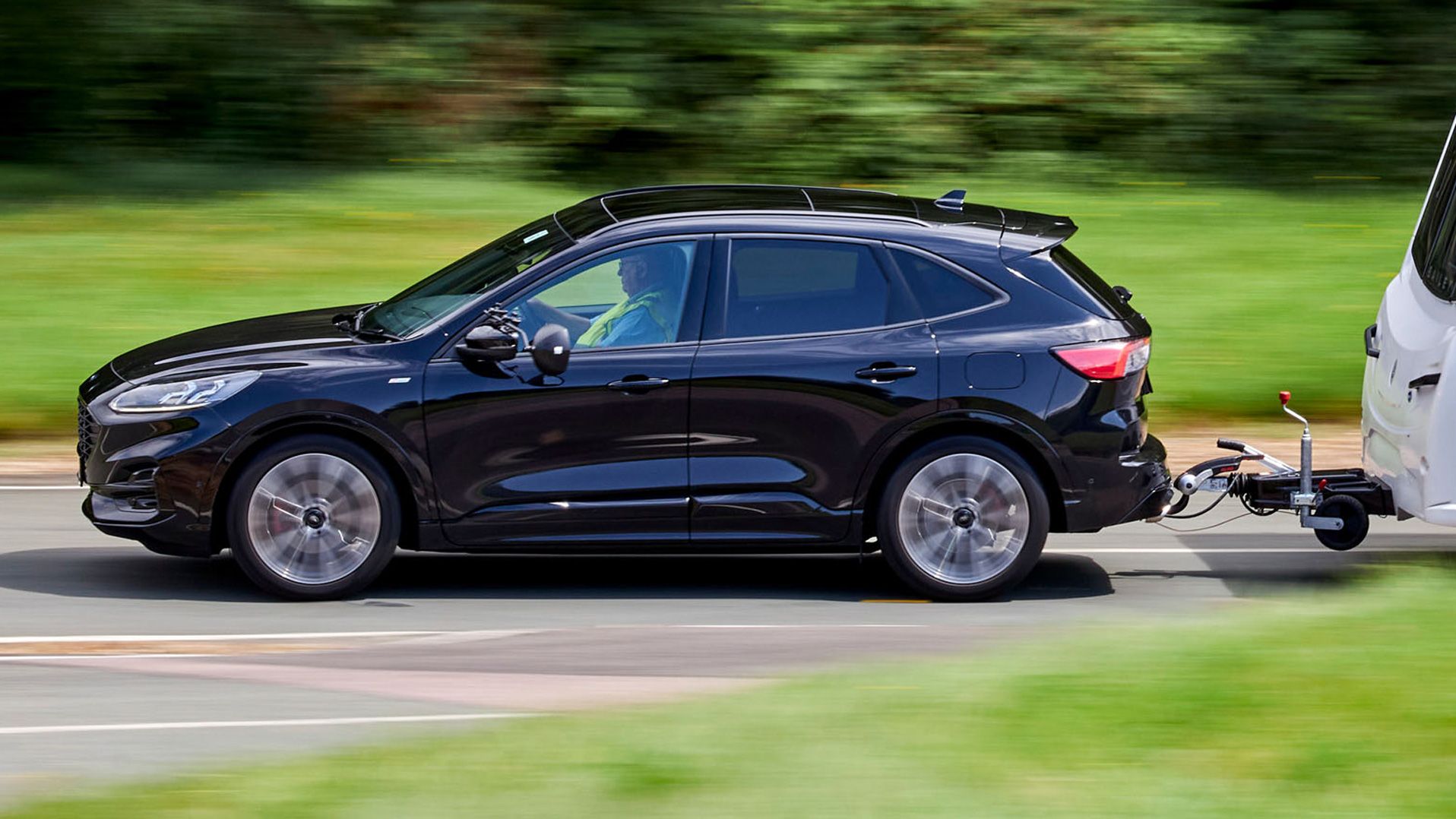UK Towing Laws: A Simple Guide
Planning a caravan holiday or tackling a big project with a trailer? Understanding UK towing laws is essential for a safe and hassle-free journey. Our guide simplifies the rules, covering everything from towing capacities to safety tips and the best cars for the job. Whether you're a seasoned pro or a first-time tower, we've got you covered with practical advice to keep you confident on the road.
The Cazoo editorial team
Published on 03 November 2025 | 6 mins read

Planning a caravan holiday or need to haul a trailer for a big weekend project? Getting to grips with UK towing laws is a must. The rules can feel a bit confusing, especially after some recent changes, but don't worry. We're here to break it all down for you.
This guide will walk you through the current towing regulations, offer some handy safety tips, and help you tow with confidence, whether you're a seasoned pro or a first-timer.
What are the current UK towing laws?
The good news is that things have become much simpler. Since a rule change in late 2021, the game has changed for drivers who passed their test more recently.
If you passed your driving test on or after 1st January 1997:
You can now tow a trailer or caravan with a Maximum Authorised Mass (MAM) of up to 3,500kg. MAM is the total weight of the trailer plus the maximum load it can carry. Before this change, you would have needed to pass an extra test (the B+E test) for this. Your driving licence record will have been automatically updated, so there's nothing you need to do.
If you passed your driving test before 1st January 1997:
Your entitlements haven't changed. You were already allowed to drive a vehicle and trailer combination up to a total weight of 8,250kg MAM. You can continue to do this as before.
The B+E car and trailer test was scrapped to free up more test slots for HGV drivers. While this makes life easier, it does mean that many people might be towing for the first time without any formal training.
Do I need towing training?
While you no longer need to pass a specific test to tow up to 3,500kg, it’s a really good idea to get some training. Towing significantly changes how your car handles, from braking distances to cornering and reversing. It's a different skill, and a little practice can go a long way.
The Driver and Vehicle Standards Agency (DVSA) strongly recommends that new towers take a course. These courses are offered by accredited instructors all over the UK and give you practical, hands-on experience. They cover things like:
- Safely coupling and uncoupling your trailer.
- Reversing and manoeuvring in tight spaces.
- On-road safety and best practices.
Investing in a bit of training not only boosts your confidence but also helps you avoid potential fines (up to £2,500), penalty points, or even a driving ban for unsafe towing.
Top towing safety tips for beginners
Getting ready for your first trip with a trailer in tow? Following these tips will help keep you, your cargo, and other road users safe.
Know your car's towing capacity
This is rule number one. Not every car can tow a heavy load. Your car's handbook will tell you its maximum towing capacity – the heaviest weight it can legally and safely pull. Exceeding this limit is dangerous and illegal. It puts a huge strain on your car's engine, brakes, and chassis.
Load your trailer correctly
An unbalanced load can make your trailer unstable, causing it to "snake" or sway from side to side at speed. It’s a scary experience and can easily lead to losing control. To avoid this, always:
- Place the heaviest items over the trailer's axle.
- Keep the load balanced on both sides.
- Ensure everything is securely strapped down.
- Check your noseweight – the downward force on your car's towball. This should be around 5-7% of the trailer's total weight.
Carry out pre-journey checks
Before you set off, take a few minutes to run through some basic safety checks. It's a simple habit that can prevent a lot of problems.
- Towball and coupling: Is the trailer securely hitched to the towball? Is the breakaway cable or secondary coupling chain attached correctly?
- Lights: Connect the trailer's electrics and have someone help you check that the indicators, brake lights, and tail lights are all working.
- Tyres: Check the pressure and condition of the tyres on both your car and the trailer. Don't forget the spare!
- Mirrors: If your trailer or caravan is wider than your car, you must fit suitable towing mirrors to get a clear view of the road behind you.
Drive with extra care
Driving with a trailer feels completely different. You need to adjust your driving style to account for the extra weight and length.
- Go slower: The speed limit for towing is 60mph on motorways and dual carriageways, and 50mph on single carriageways.
- Give yourself space: Your stopping distances will be much longer, so leave a bigger gap to the car in front.
- Take wider turns: Your trailer will cut corners more sharply than your car, so swing wider to avoid hitting kerbs or other objects.
- Practice reversing: Reversing with a trailer is tricky and takes some getting used to. Find a large, empty car park to practice in before you have to do it for real.
The best cars for towing
If your current car isn't quite up to the job, it might be time for an upgrade. Many SUVs and larger estate cars are brilliant for towing, thanks to their powerful engines, stable handling, and built-in towing assistance technology.
Some great all-rounders to consider include:
- Land Rover Discovery: A towing titan, known for its huge capacity and incredibly stable ride. It makes pulling even the heaviest caravans feel effortless.
- Nissan Qashqai: A fantastic family SUV that's more than capable of handling smaller trailers and caravans. It's a great choice if you only tow occasionally.
- BMW X5: Blends luxury with serious pulling power. Its strong engines and advanced stability systems provide a secure and comfortable towing experience.
- Ford Kuga: A versatile and popular choice that offers a good balance of everyday usability and towing capability, often with helpful tech features.


